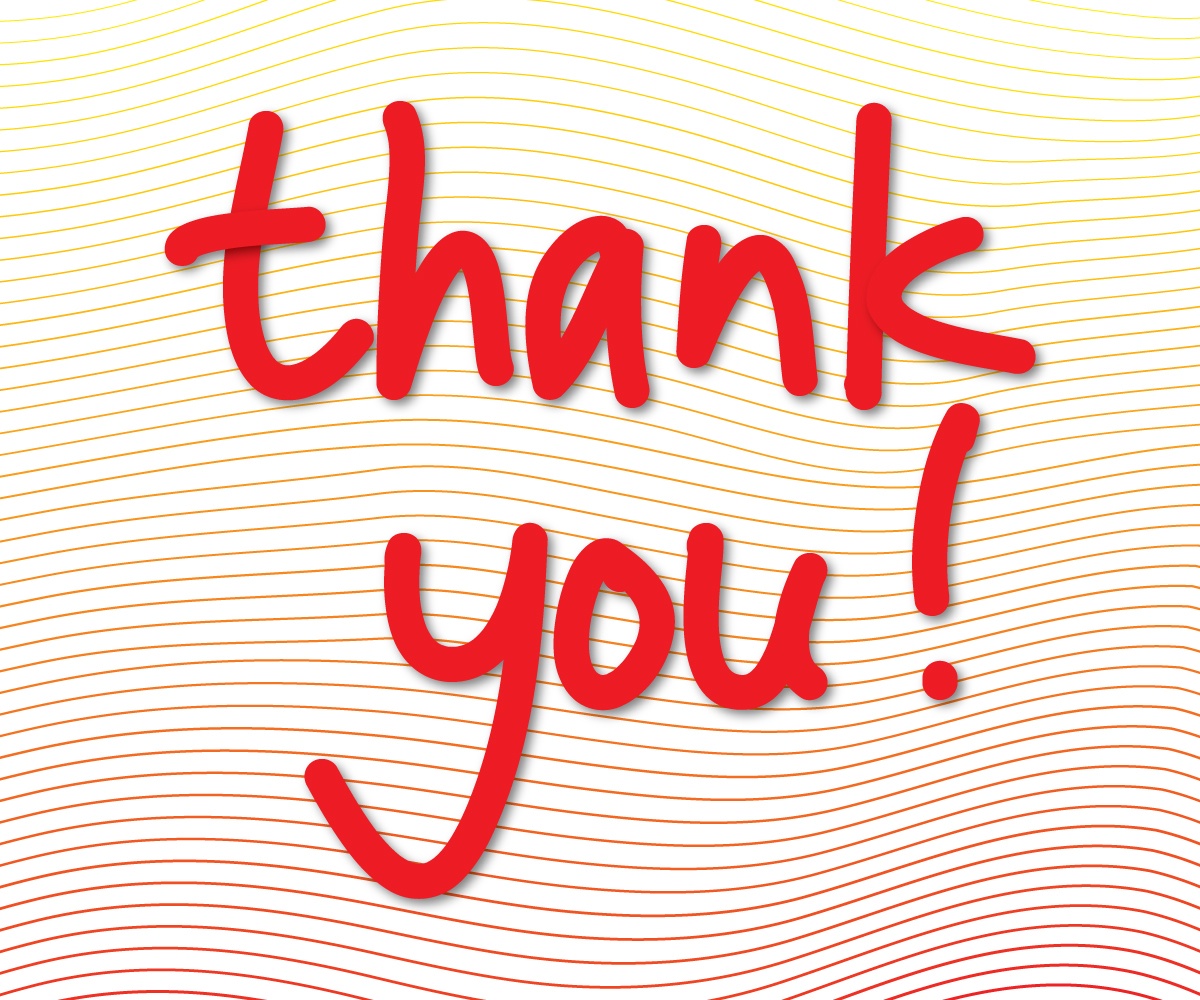Special Episode – Blue Is The Color Of Melancholy, But What Does It Sound Like? (Finding Profit In Setbacks And Disappointments)
Podcast: Play in new window | Download (Duration: 57:16 — 52.8MB)
Subscribe: Apple Podcasts | Spotify | RSS | More

Melancholy
Noun: A deep, pensive, and long-lasting sadness.
Adjective: Sad, gloomy, or depressed.
How long is long-lasting? From my experience, it’s always too long. But I can be given to feeling melancholy.
A friend recently described his own family as being prone to feeling blue. Instantly, I could relate.
Amazement is the only word to describe my feelings toward people able to remain upbeat under the saddest circumstances.
When I was younger I was more stoic, but even as a child I was prone to bouts of melancholy. It might be something others thought stupid. Like the time a distant cousin took shots at a turtle in the yard with his BB gun. Shooting it repeatedly in the head until he made sure it was dead. The cruelty of it overwhelmed me. I didn’t cry, but later when he got some old boxing gloves out and wanted to box – I bloodied his nose.
Maybe that’s a key to overcoming melancholy – physical exertion or aggression. Surely not, but when I was a kid and boxing gloves were around, it was a viable option.
Melancholy has value I think, but I also think it can become too close of a friend. A friend unworthy of our love or kindness.
Let’s be clear. I’m not talking about depression, at least not in the clinical sense. That’s a very different malady.
I’m talking about feeling blue. It can range from momentary feelings of sadness to hours, maybe days, spent feeling sorrow or even heartbroken.
Music has almost always been part of my melancholy. Not a cause and effect part, but the music in my life has often been chosen because of my mood. I confess that I rarely select music to jolt me from my melancholy mood. No, I usually embrace it and feed it the sounds that seem most fitting.

I was 15 when I first heard John Prine. There were many things for me to love about him. For starters, he wrote some great pensive, sad songs (Hello In There, Sam Stone). But he also wrote some sarcastic, snarky songs, too (Illegal Smile).
As I look at the sounds of melancholy in my life some of my favorite records of all time are steeped in sadness. In fact, one of my all-time favorites is a record by Jackson Browne, Late For The Sky. The title track and Fountain of Sorrow have been lifelong favorites.
For me, the lyrics, the story and the melody are integral components of the sounds of melancholy. Nobody typifies them better than Prine and Browne.

Setbacks. Disappointments.
Business disappointments are not unlike other disappointments. They range in severity from devastating to annoying.
We all have them, but there are two kinds of disappointments that sting the most: the ones we didn’t see coming and the ones that represent the enemy of something we really wanted.
The more personal the disappointment, the more it hurts.
Disappointment doesn’t care who you are or how much power you’ve got. It doesn’t knock. It just blows the door off the hinges, comes right in and camps out where you can avoid it. It may hit people a bit differently, but it hits everybody. Sometime.
Disappointments can be sometimes be measured in time, distance, money, impact and recovery.
Time.
I remember the day the phone rang. It was the worst kind of setback. A death. Of our founder. He was only 32. I was in my 20’s. His life was gone. Mine was changed.
We thought we had more time to build more stores. To grow our business. Together.
We were wrong. Time ran out and there wasn’t anything we could do.
Distance.
When my children were quite small I found myself mired in a bad circumstance. We lived in one city, but I was working in a different city. The real estate market was pitiful at the time and we had to live apart through the week, looking forward to very short weekends together. It was painful disappointment.
I hated it, but like so many disappointments in our lives, I had to endure it until I could figure out some solution. Disappointments wouldn’t be so bad if you could fix them…and quickly. It’s not always possible.
Money.
Missed sales goals. Lost bonuses. Frozen compensation. Increased insurance premiums. Elevated lease rates. Money disappointments are endless.
Because business is all about generating sufficient profits to sustain the enterprise, money tends to be the end-all, be-all. Most of us measure success or failure with a dollar sign.
An advertising campaign that we felt sure about falls flat. A landlord tells us the lease renewal demands a 20% increase. Our insurance rep informs us that workman’s comp insurance is going up 15%. Meanwhile, our profit margins are stretched because vendors aren’t taking less, but customers are giving us less. It’s the ying and yang of business. The push/pull tug of war that every business owner or leader feels constantly.
Impact.
When a founder dies in an automobile accident the impact is sudden, unexpected and irreversible. Depending on the size of the business, it can be vast, too. Vendors, financial partners, suppliers, employees – everybody hurts.
Some business disappointments impact us in the moment, but it’s more like ripping a Band Aid off a scab. Painful at first, but it’s over before you know it.
Recovery.
Recovery is tied to impact. The more severe the impact, the more difficult the recovery. The lower the impact, the quicker (and easier) the recovery.
A devastating blow might just do you in. Failure to meet payroll can be deadly. Failure to meet payroll habitually is sure death.
So with all these facets of disappointments and with all the varying degrees of disappointment, how can we possibly find profit in them?
Can we always find profit in them?
I think so.
That’s literally the bottom line for today’s show…finding ways to profit from our disappointments and setbacks. That’s what I intend to do by tapping the brakes for just a bit. Lord willing, I’ll be back soon. Recharged. Refreshed. Reenergized.
Be safe. Take care of yourself. Take care of business. I’ll be talking you soon with one more pre-hiatus episode.

Subscribe to the podcast
 To subscribe, please use the links below:
To subscribe, please use the links below:
- Click Here to Subscribe via iTunes
- Click Here to Subscribe via RSS (non-iTunes feed)
- Click Here to Subscribe via Stitcher
If you have a chance, please leave me an honest rating and review on iTunes by clicking Review on iTunes. It’ll help the show rank better in iTunes.
Thank you!
 A friend of mine has a wife who is very inquisitive. Her name is Patsy. No question is too foolish, or too embarrassing for her to ask. He’ll say, “Patsy has questions. Lots of questions.” And we’ll laugh. Because it’s true, and funny.
A friend of mine has a wife who is very inquisitive. Her name is Patsy. No question is too foolish, or too embarrassing for her to ask. He’ll say, “Patsy has questions. Lots of questions.” And we’ll laugh. Because it’s true, and funny.


